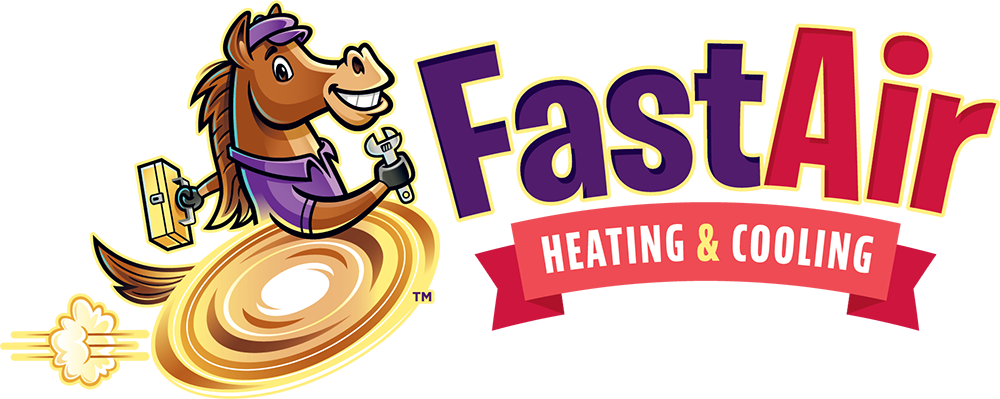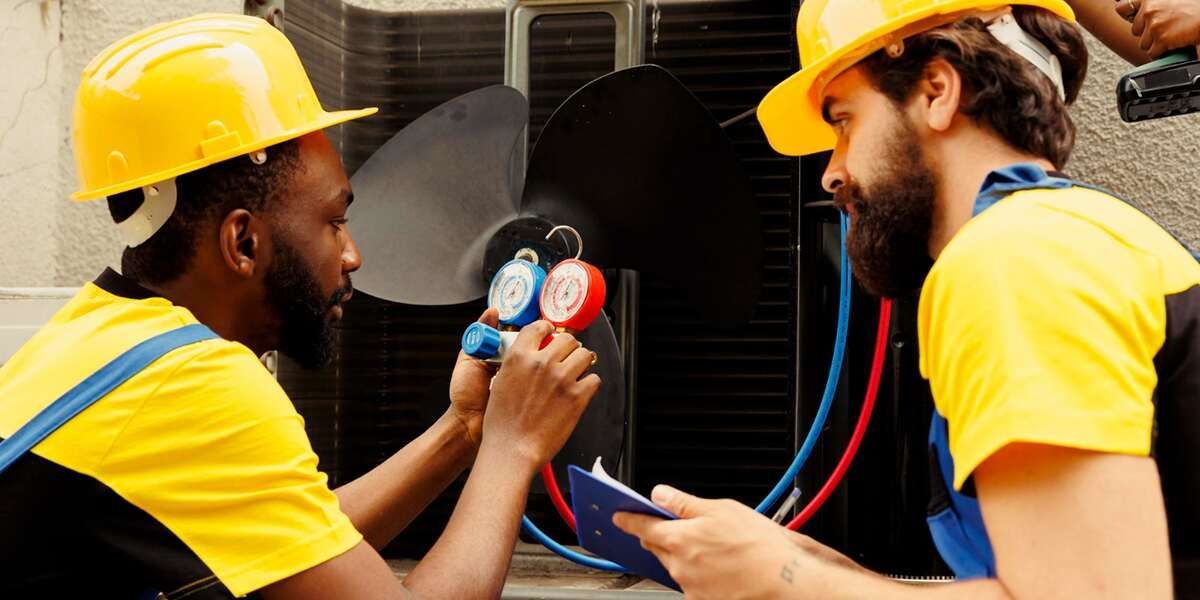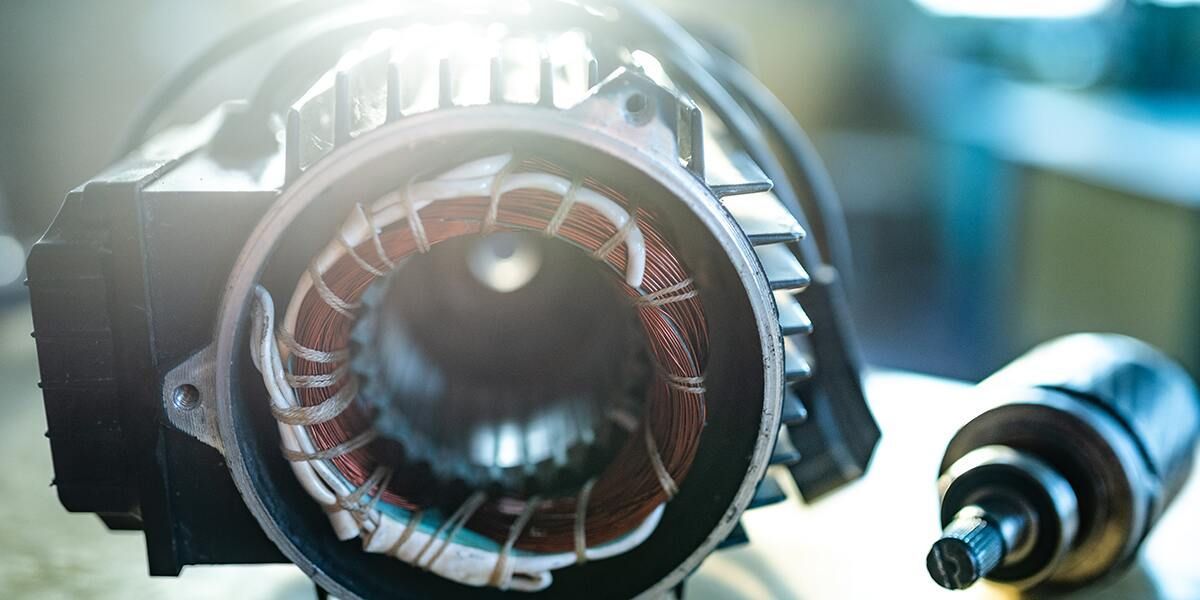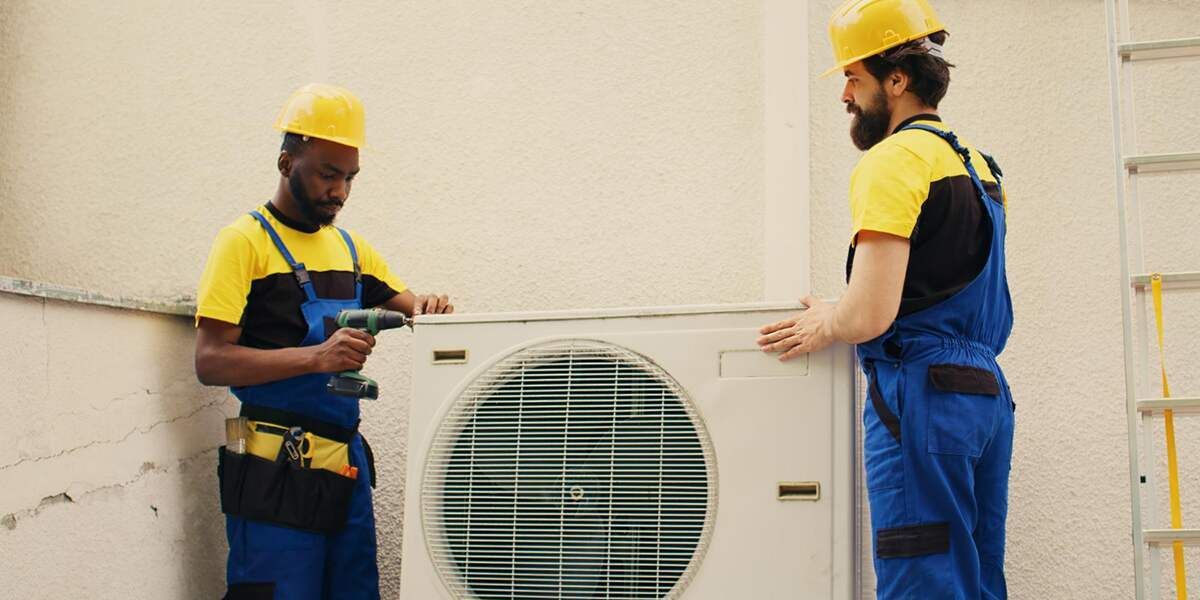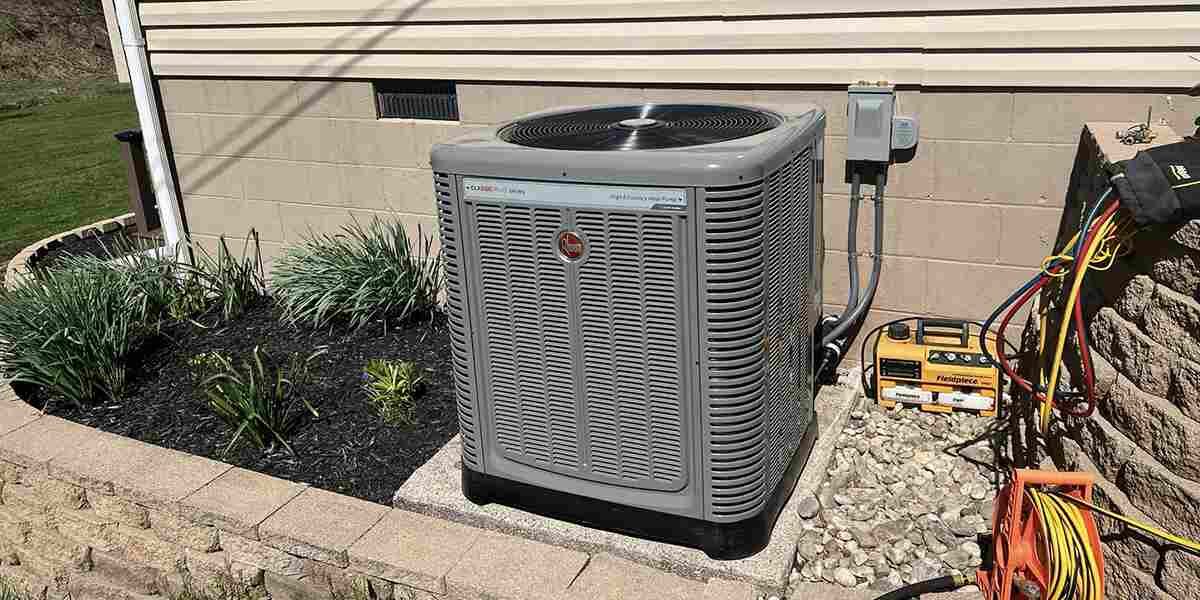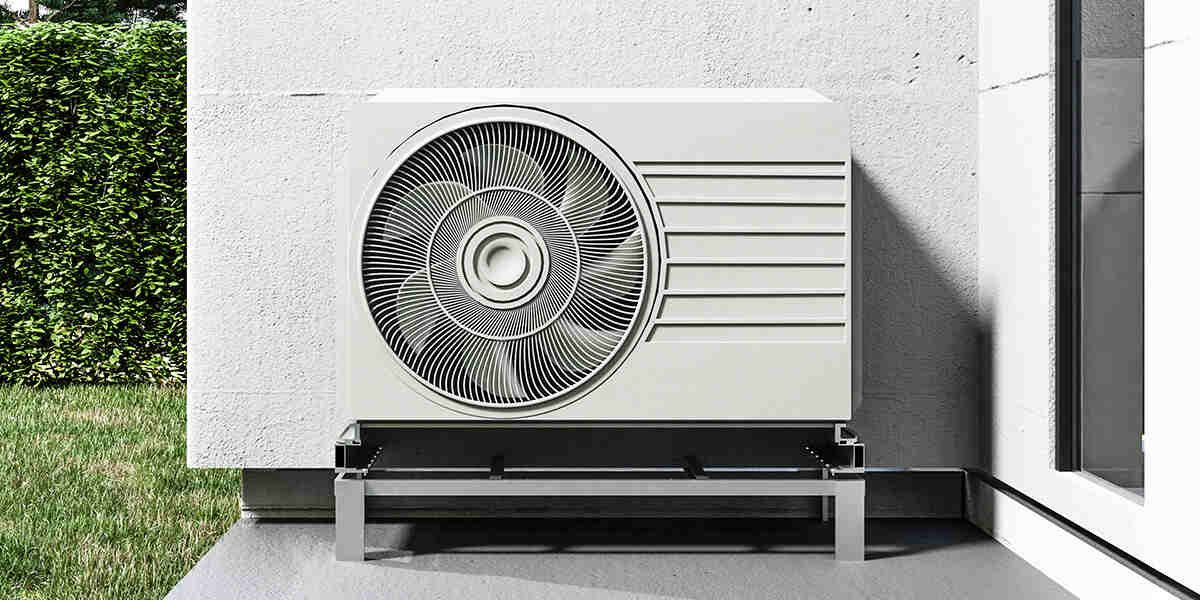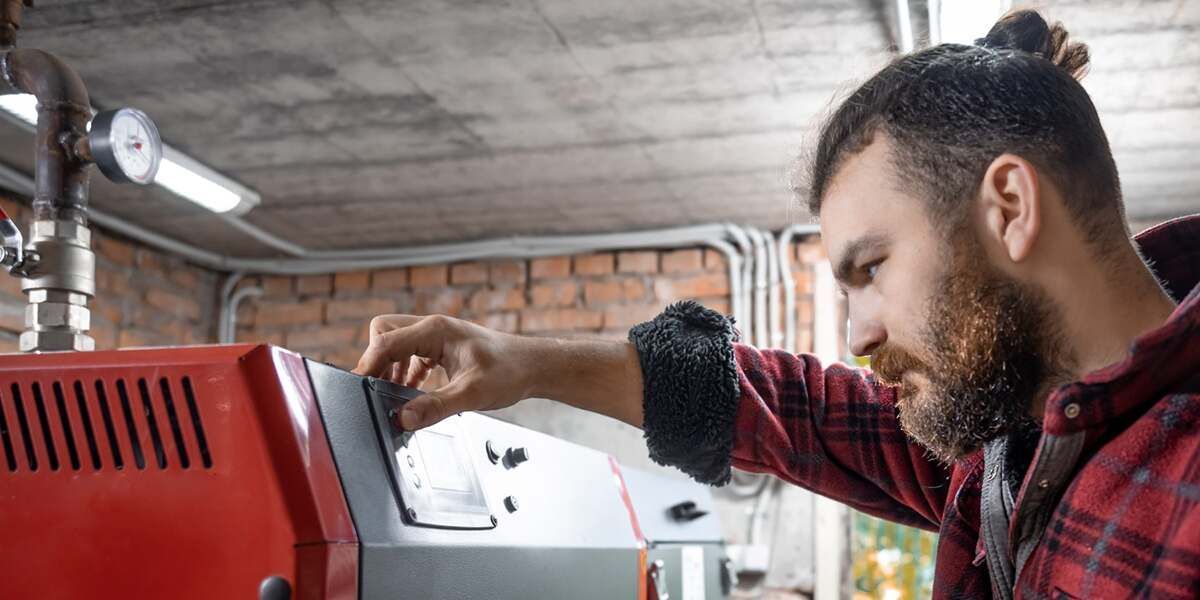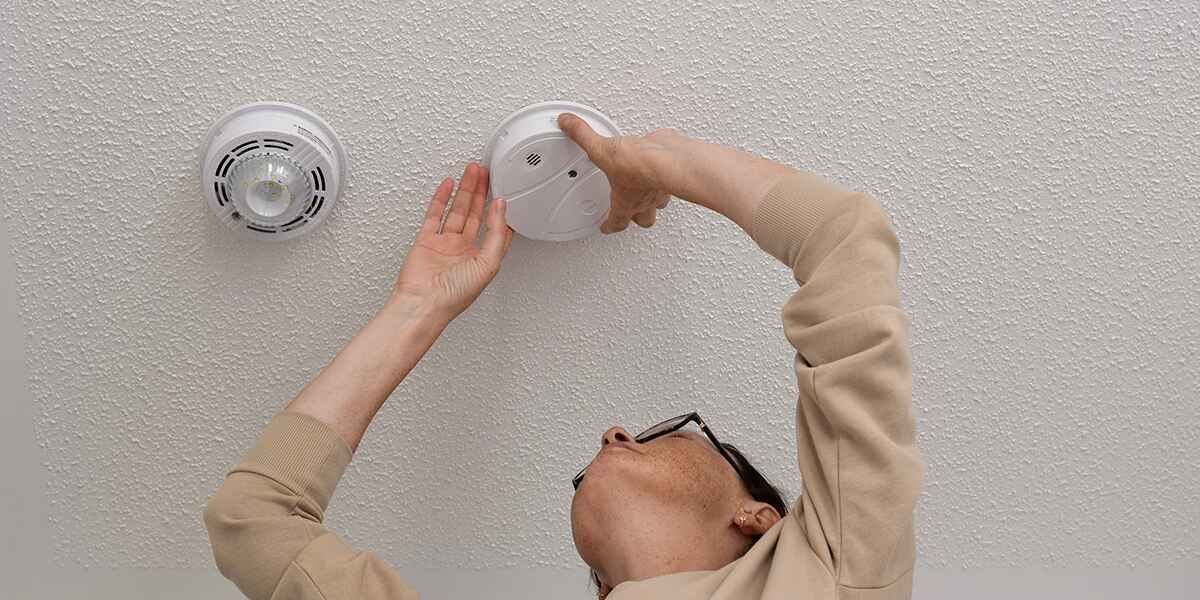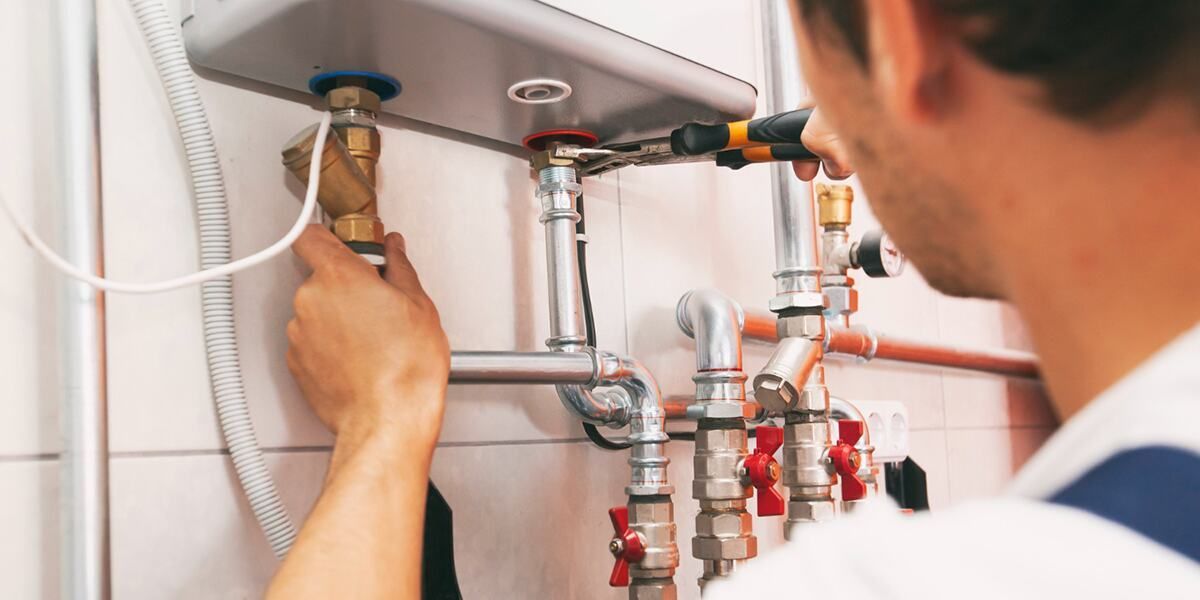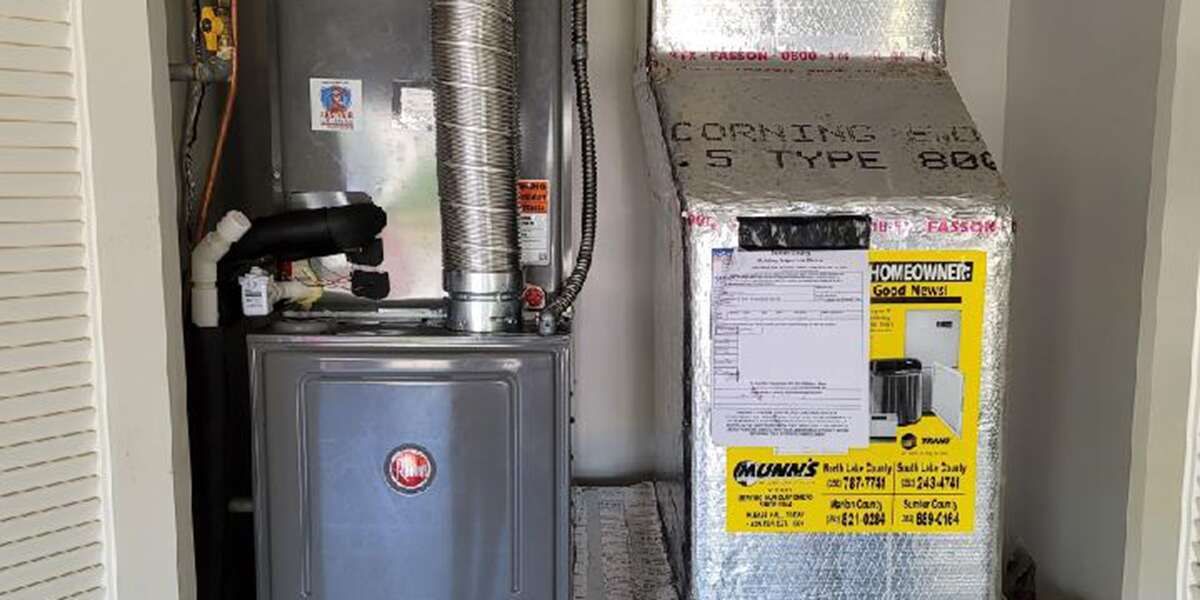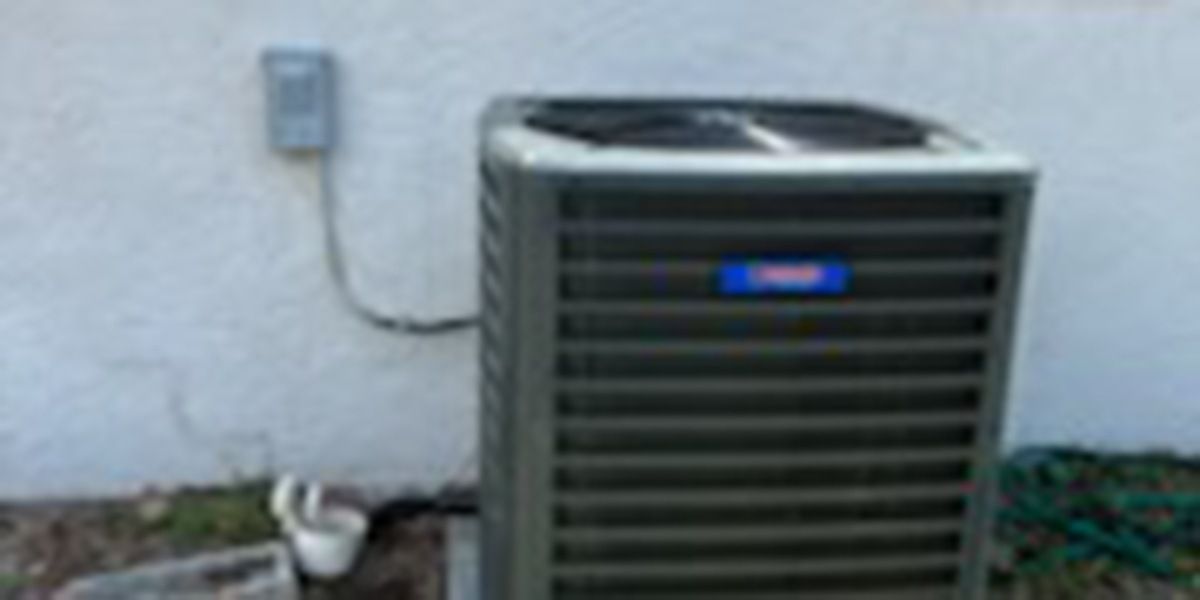EMERGENCY SERVICE AVAILABLE
What Can You Do About HVAC Water Damage?
Is your furnace or air conditioner leaking? Contact Fast Air Repair for HVAC water damage servicing at 352-290-7968 today.
HVAC systems are a staple of Florida living. Though our winters are mild, temperatures may occasionally drop into the 40s or 50s, while our summers are humid and unbearable. Thus, air conditioning and heating systems are necessary to survive the weather in our subtropical climate.
Furthermore, flooding and property damage are commonplace because of the severe weather and tropical storms we experience during the summer months. Considering these dynamic conditions, it should come as no surprise that HVAC water damage can easily affect your system. And though sometimes water damage may be due to an internal malfunction, a severe weather event can also cause this issue, so it's important to be alert as a conscientious homeowner.
In this blog post, the experts from Ocala’s emergency HVAC services present the following guide on why HVAC systems produce water, common causes of water damage to your system, and what preventative measures you can take to mitigate or prevent your system from sustaining water damage. Read on to get a leg up on this important issue.
How HVAC Systems Work (and Why They Produce Water)
Air conditioners work similarly to refrigerators, which employ the second law of thermodynamics to cool a space. Utilizing this law, refrigerators and air conditioners cool a space by transferring heat from the interior to an exterior location. In the case of an air conditioner, the machine transfers heat from the inside of your home to the outdoors.
To cool the home further, an AC unit uses an evaporator (a cold coil that is part of the indoor unit). Then, a compressor (a type of pump) moves refrigerant between the evaporator and an outdoor condenser. The condenser belongs to the outdoor component of your air conditioner that consists of a hot coil.
The refrigerant is a liquid that transfers heat from the indoors to the outside. Inside, the refrigerant evaporates to pull heat from your building’s interior and into the AC system via the evaporator coil. The compressor then transfers this refrigerant gas to the outside coil, where the refrigerant reverts to its liquid form in the condenser coils.
On the other hand, a furnace uses energy (electric or gas) to create warm air. The furnace first pulls cold air from the environment, where it enters the furnace and passes through a heat exchanger to warm the air. A blower fan then directs the newly warmed air into your ductwork and distributes it throughout your home, while an exhaust pipe directs any fuel pollutants out of the building.
One of the similarities between how furnaces and air conditioners work is that they both produce condensation during the heating or cooling process. Though condensation production is normal in both types of units, there is a point when it may produce too much condensation or leakage, thus causing HVAC water damage. Other factors, such as severe weather events, can also cause this problem.
5 Common Causes of HVAC Water Damage
Here are the five most common causes of HVAC water damage in units located in Ocala, FL.
1. Drain Line Clogs or Damage
As we mentioned above, air conditioners and furnaces produce condensation. In an air conditioner, this condensation forms on the evaporator coil. The condensation drips from the coil into a condensate pan, which then directs the condensation into a drain line.
If the drain line develops a clog, crack, or other damage, it can begin to leak. A leak can easily infiltrate your HVAC system, causing water damage to electrical components and other mechanical parts.
2. Post-flood Refrigerant Line Contamination
This issue occurs primarily in the outdoor part of your air conditioner. Because the compressor and certain refrigerant coils are outside, a flood can easily damage them. Even if the flood water does not infiltrate your building, it can overwhelm the outdoor unit.
If flood water gets into the outdoor unit, it can damage the electrical elements and refrigerant lines. This water may disconnect the refrigerant lines, cause the electrical components to short, or lead to refrigerant leaks. If your neighborhood experiences a flood, it is best to call an HVAC technician to clean, dry, and disinfect your unit’s exterior.
3. Dirty Insulation, Air Filters, or Ductwork
If water infiltrates the insulation or ductwork of your building, it can damage your system. Not only can the humidity that has infiltrated these parts of your system leak into your AC or heating unit, but if a flood permeates your building, it will leave debris and contaminants behind in your ductwork.
4. Gas or Fuel Line Damage
After a severe weather event, outdoor fuel lines can become damaged. Therefore, a technician should attend to HVAC units that run on natural gas or another fuel source (not electricity) after a flood or natural disaster. Water can corrode the interior of the fuel lines, causing damage to the unit or even the fuel lines to explode.
One should call an expert to inspect and possibly replace these fuel lines to prevent water or more serious damage. Calling for inspection may save you significant costs in the long run, thanks to a lower cost of repair.
5. Faulty Condensate Pump
To propel condensation out of an AC unit, these systems use a pump to force water into the drain line. This “condensate pump” only activates when a condensation reservoir becomes filled to the brim with water, triggering the pump. If this pump is faulty, leaking, or clogged, your system can easily sustain HVAC water damage.
Because units produce significant condensation as they run, neglecting a condensate pump issue for too long can cause pooling throughout your system. This sitting water can then damage the electrical components and corrode the machinery.
How To Prevent HVAC Water Damage
Here are some examples of actions you can take to prevent future issues with your HVAC unit(s):
- Change the air filter: The air filter in an HVAC unit catches dirt, allergens, and other debris. The filter fills up over time, preventing proper airflow in your furnace or air conditioner. You should change the air filter once every one to three months to prevent these clogs.
- Schedule a yearly maintenance appointment: Ask an expert to check your HVAC unit(s) once a year to ensure smooth and proper functioning, check for upcoming repairs, and clean and lubricate the various mechanical and electrical components. These regular maintenance appointments can save you money in the long run by allowing a technician to catch issues early on and ensure the seamless operation of your unit.
- Repair or replace the overflow drain pan: If the drain pan in your air conditioner or furnace has broken or cracked, it may leak into the rest of the system and cause water damage. To avoid this problem, replace the pan yourself or call an expert technician for help.
HVAC Repair Specialists in Dunnellon, FL
Whether you need emergency or routine services for HVAC water damage repair, contact Fast Air Repair. As Dunnellon, FL’s premier air conditioning and furnace repair and installation service, we understand disaster can strike any moment. That’s why we offer high-quality and affordable service 24/7 to ensure our friends and neighbors get the professional experience they deserve.
Call us to schedule an appointment at 352-290-7968 today! Alternatively, check out other self-help topics, such as why your HVAC is not working after a power outage, on our blog.
Contact us for Service
Footer - Website Lead
We will get back to you as soon as possible.
Please try again later.
For emergency service, to get a free quote, or if you have questions or special requests, just drop us a line. We Look forward to serving you!
Hours Of Operation
- Mon - Sun
- Open 24 Hours
Emergency Service Available
All Rights Reserved | Fast Air Repair

